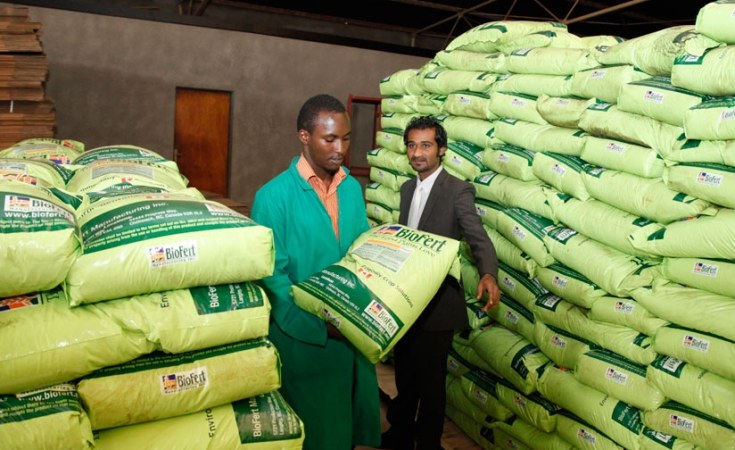Zim has enough stocks of fertiliser, Bhasera
The Government has assured that there are enough fertiliser stocks in the country, but more foreign currency is needed to unlock the essential crop nutrients.
There were fears that the country would face widespread shortages owing to disruptions in the global supply chain resulting from the ongoing armed conflict between Russia, one of the world’s largest producers of fertiliser, and it’s neighbour Ukraine.
With Russia’s status as a primary exporter of ammonia, knock-on effects from sanctions imposed on the country by western countries over its military operations in Ukraine, have disrupted the supply chain.
Last year, Russia and Belarus accounted for 40 percent of global exports of potash. Russia also accounted for 22 percent of global exports of ammonia gas, 14 percent of global urea exports, and 14 percent of mono ammonium phosphate.
John Bhasera, Permanent Secretary for the Ministry of Lands, Agriculture, Fisheries, Water and Rural Development, told this publication that the country had sufficient stocks of fertiliser.
“We have enough stocks of fertiliser in the country but the bulk of it is locked under the CMA (collateral management agreement) and we need more foreign currency to unlock it,” he said. “The only challenge we are having is to do with the pricing.”
He has not provided the current stock levels.
Prices have been soaring since February this year after Russia launched military operations in Ukraine with local prices at some point hitting nearly US$80 for a 50 kilogramme bag of ammonium nitrate (AN). Average prices have, however, declined to around US$50 and US$60 per 50kg bag, but higher than last year’s prices.
Zimbabwe has 12 fertiliser companies with the newer ones being involved in making blended NPK compounds. Out of these, three are involved in the primary production of raw materials. These are Dorowa Minerals, which mines phosphate rock in Buhera. The phosphate converted to fertiliser grade by ZimPhos in Harare.
Sable Chemical in Kwekwe produces AN from imported ammonia following decommissioning of its electrolysis plant three years ago. At the secondary level, three companies are involved in granulation and these are ZFC, Windmill and FSG.-ebusinessweekly










